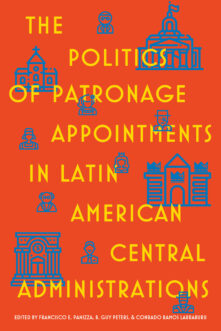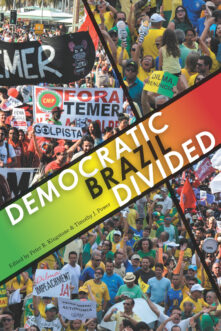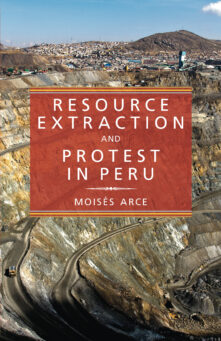Political Science / World / Caribbean & Latin American

Development Design
Hotels and Politics in the Hispanic Caribbean
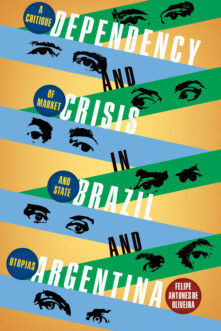
Dependency and Crisis in Brazil and Argentina
A Critique of Market and State Utopias
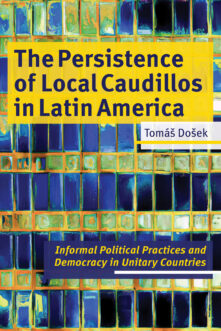
The Persistence of Local Caudillos in Latin America
Informal Political Practices and Democracy in Unitary Countries
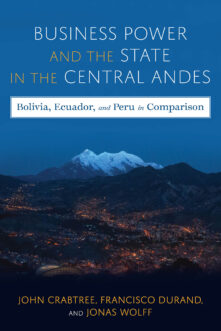
Business Power and the State in the Central Andes
Bolivia, Ecuador, and Peru in Comparison
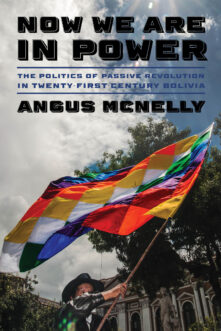
Now We Are in Power
The Politics of Passive Revolution in Twenty-First-Century Bolivia
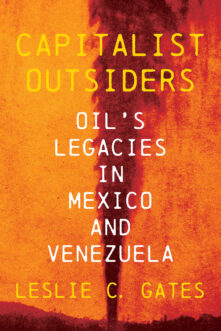
Capitalist Outsiders
Oil's Legacies in Mexico and Venezuela
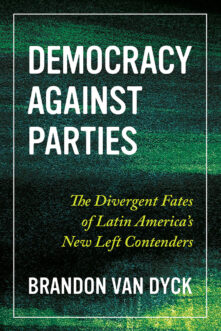
Democracy Against Parties
The Divergent Fates of Latin America’s New Left Contenders
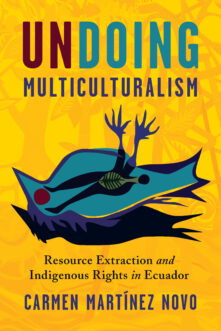
Undoing Multiculturalism
Resource Extraction and Indigenous Rights in Ecuador
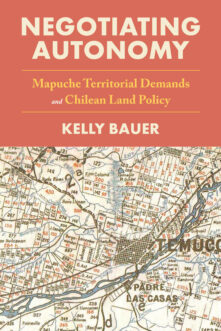
Negotiating Autonomy
Mapuche Territorial Demands and Chilean Land Policy
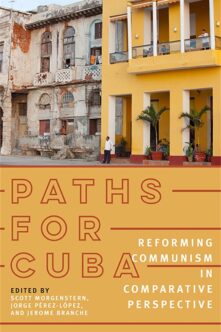
Paths for Cuba
Reforming Communism in Comparative Perspective
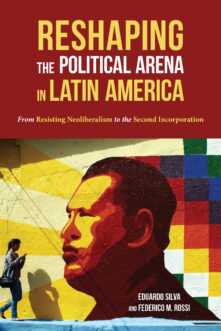
Reshaping the Political Arena in Latin America
From Resisting Neoliberalism to the Second Incorporation
Total 14 results found.


